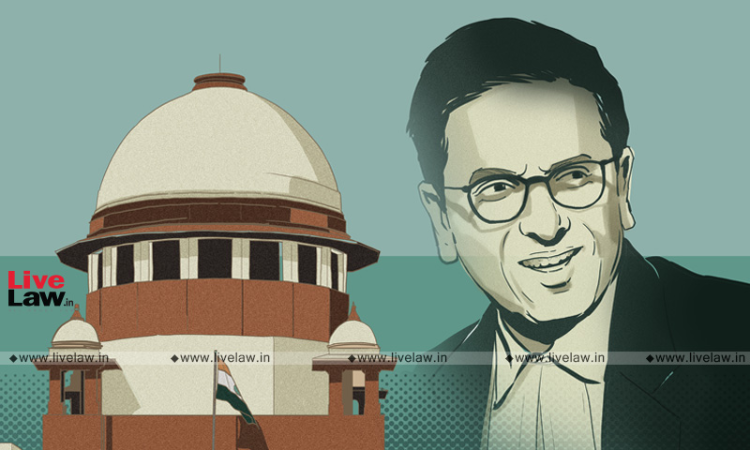Justice Chandrachud Recounts Experience In Kargil During Char-Dham Hearing; Says Army People Closely Bound With Civilians
Mehal Jain
11 Nov 2021 10:56 AM IST

Next Story
11 Nov 2021 10:56 AM IST
In the course of the hearing in the Char-Dham Highway expansion matter, Justice D. Y. Chandrachud on Wednesday recounted his Experience in Kargil, expressing that army lives are closely bound with civilians.These remarks came when Senior Advocate Colin Gonsalves, for the petitioner-NGO Citizens for Green Doon, expressed that he is "very perturbed by this narrative of Army versus the people,...
